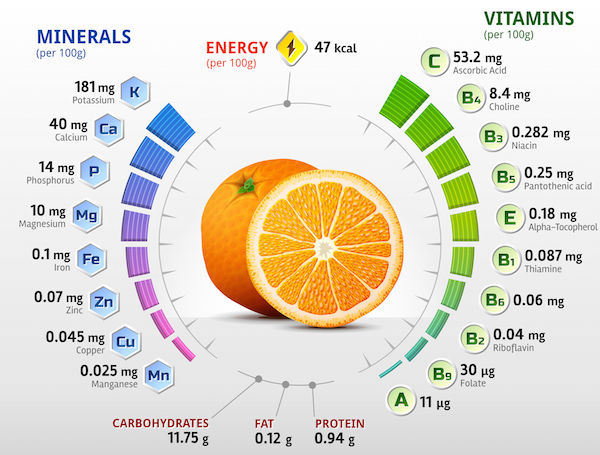
(HealthDay News) — Most people get much more sodium (salt) in their diet than their body needs. This causes the body to retain water, increasing the risk of high blood pressure and other cardiovascular problems.
The Cleveland Clinic suggests how to manage a lower-sodium diet:
- Cook with fresh ingredients, rather than using pre-packaged or prepared foods.
- Choose low-sodium foods, or those without added salt.
- Substitute or eliminate high-sodium ingredients from recipes.
- Create marinades for meat with a base of pineapple juice or orange juice.
- If you eat a frozen meal, look for those with 600 milligrams of sodium or less.
- Don’t flavor foods with seasoning mixes that include salt.
- Talk to your doctor before using a salt substitute.

